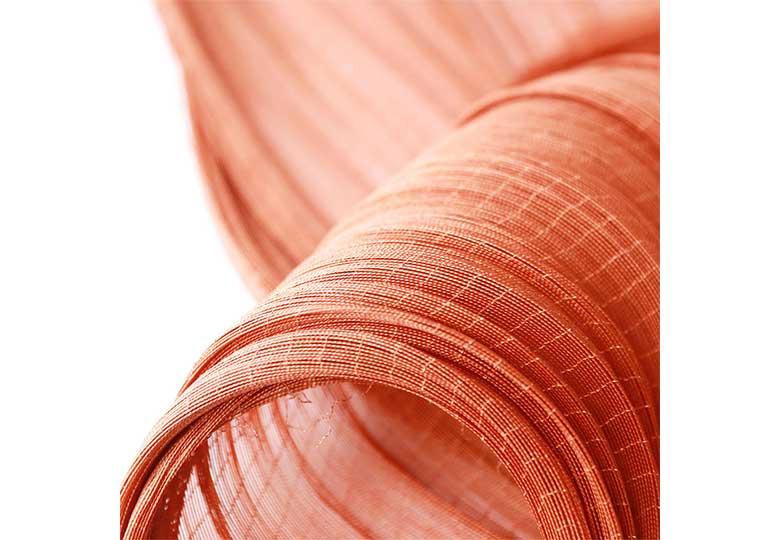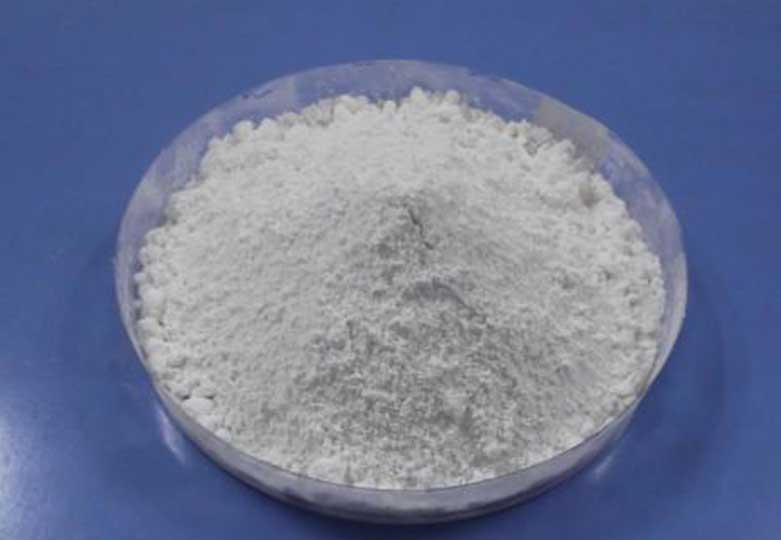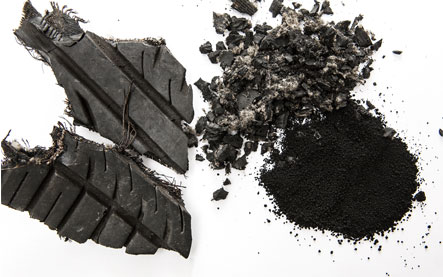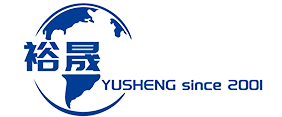
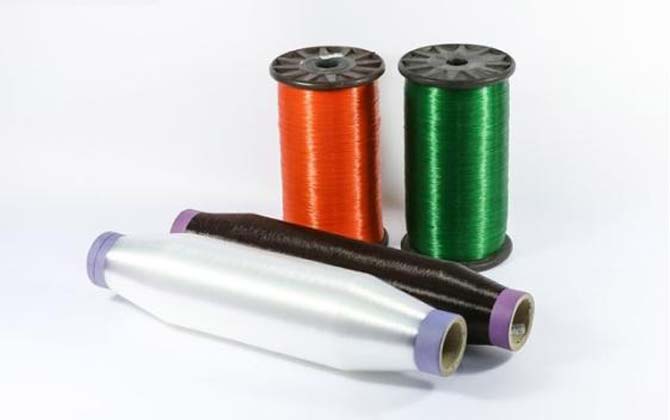
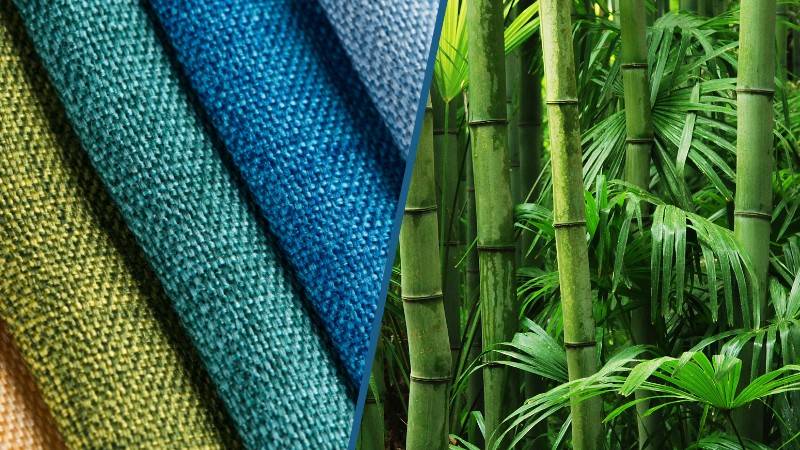
Bamboo fabric, a term you might have come across while exploring sustainable textiles, is intriguing and holds immense potential in our quest for eco-friendly living.
Historically, the use of bamboo as a fabric can be traced back centuries, with ancient Chinese civilizations recognizing its versatility and durability. It’s fascinating to see how the transformation of bamboo into fabric has evolved over the years, offering us a range of options like bamboo viscose fabric, bamboo cotton fabric, and bamboo rayon fabric.
In the mechanical process, a closed-loop production is often employed to retain bamboo’s antibacterial and highly breathable properties. This method involves crushing the bamboo plants and utilizing natural enzymes to break the bamboo cellulose into a soft mass. The fibers are then combed out and spun into yarn, maintaining the integrity of the bamboo’s beneficial properties.
The chemical process, predominantly used to produce bamboo viscose, involves transforming bamboo cellulose into viscose rayon, a semi-synthetic substance. This method, while enabling the creation of fabrics with high thread counts and a silky texture.
Bamboo fiber can be used to make filter materials, such as air filters, water filters, etc. Part of its fiber structure can effectively capture and filter particles in the air or liquid.
The strength and wear resistance of bamboo fiber are suitable for manufacturing industrial supplies and equipment, such as gloves, work clothes, etc. It can also be used to produce industrial supplies that are sturdy but sturdy.
Due to the texture and performance of bamboo fiber, it can be used in car interiors such as seat covers, steering wheel covers, etc. to provide a natural feeling of comfort.
Bamboo fabric is a marvel in the textile world, offering breathability, comfort, and antibacterial properties. Originating from the fast-growing, eco-friendly bamboo plant, it stands as a symbol of sustainability. However, the journey from plant to fabric raises concerns, with processes that can be harmful to both humans and the environment. It’s a reminder to us to tread carefully, to seek out responsibly produced bamboo fabrics, and to make choices that align with our values.
In the broader landscape of sustainable materials, companies like YuSheng, a rubber raw material manufacturer, are also making significant strides. By focusing on eco-friendly practices and sourcing high-quality raw materials, YuSheng is committed to reducing the environmental impact of manufacturing processes.
We Value Your Privacy.
Our website uses cookies to improve your experience. By clicking "Accept All Cookies", you agree to the storing of cookies on your device to enhance site navigation, analyze site usage, and assist in our marketing efforts.
 English
English 日本語
日本語 한국어
한국어 français
français Deutsch
Deutsch Español
Español italiano
italiano русский
русский português
português العربية
العربية tiếng việt
tiếng việt